What to feed Siamese cats?
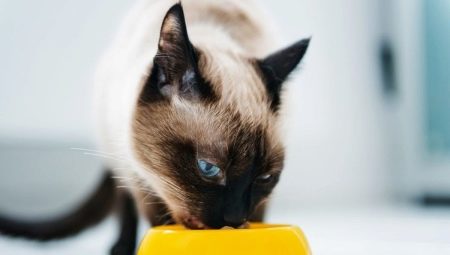
Siamese cats are very demanding on the quality and composition of food. It is important for them to receive a nutritious diet, enriched with all the necessary vitamins, micro- and macroelements. Usually, the animals are fed balanced dry food and natural products. In this case, the owner must use dietary meat.
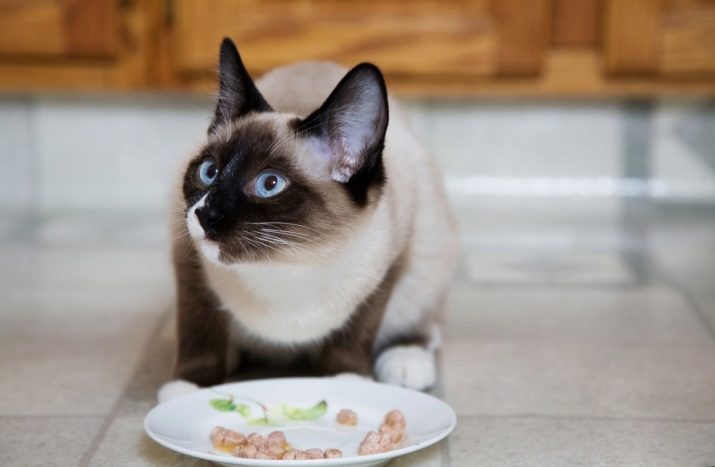
Natural products
In order for a Siamese cat to fully grow and develop, it is important for her to receive a varied diet. To build a diet for her pet, it is important to form his taste preferences from an early age.
For kittens
Kittens usually eat milk. Therefore, it is especially important during this period to monitor the baby's stool: if it is frequent and too liquid, the cat will need additional supplementation, since otherwise the body is threatened with dehydration. In addition, it will be useful to add water to the milk itself to reduce the concentration of acids that irritate the delicate stomach of the kitten. Starting from 1.5 months, you can gradually introduce natural products into the diet, chopped in a meat grinder or cut into very small pieces. An approximate menu of Siamese kittens per 1 kg of weight should look like this:
- 1 feeding: 30 g of boiled sea fish, 5 g of boiled beef, 4 g of wheat groats, 5 g of water.
- 2 feeding: 25 g of beef, 10 g of boiled liver, 5 g of oatmeal, 10 g of water;
- 3 feeding: 20 g raw rabbit meat, 10 g yolk, 5 g oatmeal steamed with 10 g water.
The animal is fed 3 times a day, preferably at the same time.The development of a diet will have the most beneficial effect on the functioning of the digestive system.
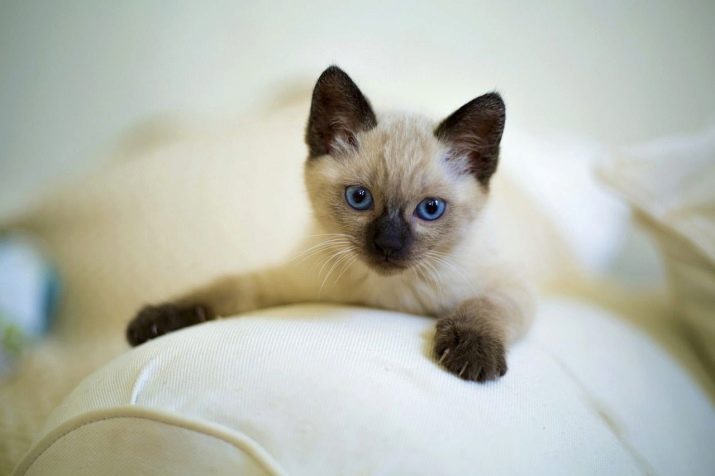
For adult cats
Siamese cats are quite healthy, however, it is very important to monitor their diet and give only the right food. From natural products, special attention should be paid to a few.
- Meat... Only a lean product should be used. For animals, the muscular part of veal, chicken, rabbit and turkey is suitable. Before offering it to a cat, it should be scalded or boiled, and then cut into small pieces. If the animals are fed raw meat, it must be thawed. Usually, meat pieces are cut and frozen in portions, defrosting immediately before feeding. Meat products should make up 2/3 of the animal's total diet.
- Offal - a very useful component of the cat's menu. The best options for Siamese are the liver, heart, udder, and also the lung. Keep in mind that not all cats like these products, so offer your pet each of them in turn: then the cat will be able to choose the ones he likes.
- A fish... This food is dearly loved by cats, but still it should not be abused. The product is included in the diet no more than 2 times a week, replacing meat. It is best to offer your pet fish of low-fat varieties, such as cod, flounder, navaga and tuna, to your pet.
- Eggs... Males are offered only the yolk, exclusively boiled, no more than 1 time per week. It is a very good source of nutrients for the animal.
- Cereals... Cats love boiled cereals; preference should be given to rice, barley and oatmeal. Porridge is boiled in water without the use of butter, milk and spices.
- Vegetables... In small doses, chopped carrots, fresh cucumbers and sprouts can be mixed with the main feed. It is very important not to overdo it, as this breed cannot digest fiber.
- Dairy products... It is believed that cats love milk. In fact, this product is only suitable for kittens under 2 months of age. Later, the body stops producing enzymes responsible for its assimilation. This can lead to pathologies of the gastrointestinal tract. Low-fat cottage cheese, fermented baked milk, sour cream, plain yogurt and a small amount of butter will only benefit your cat.
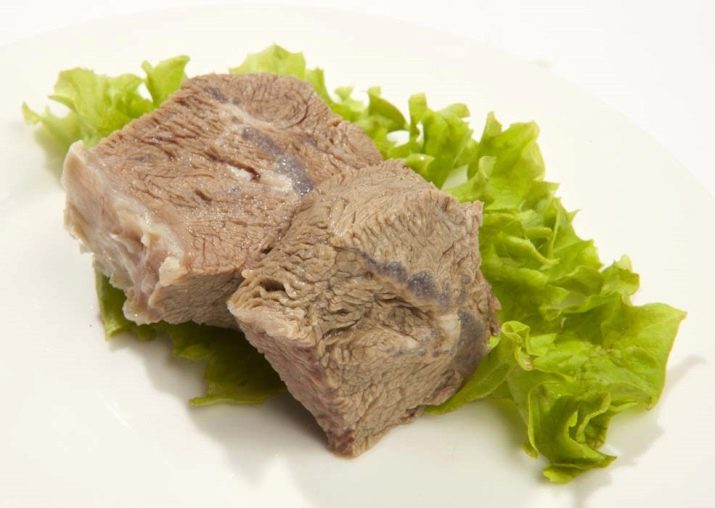
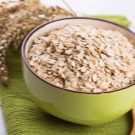
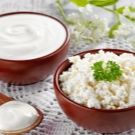
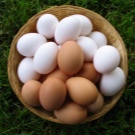
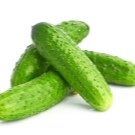
What to choose from industrial feed?
Many breeders prefer to use ready-to-eat foods. They become a real salvation if the cat refuses to accept natural products and turns up his nose from the food offered to her. In addition, such meals are suitable for busy people and for beginners who have no experience with the Siamese breed. It is better to give preference to expensive food: they are distinguished by a balanced composition, contain an optimal ratio of BJU, and include all the necessary vitamins, trace elements important for the health of cats. They are usually sold in a specialty store. The most popular among breeders are the compositions of Purina Pro Plan, Hills.
Experienced breeders prefer ROYAL CANIN natural food. It contains 38% proteins and about 16% fats, the product is enriched with L-carnitine, which contributes to better digestion of the product. Manufacturers of such food offer several assortment lines: for kittens, for elderly cats, for lactating cats, as well as for cats after castration.
Therefore, each breeder will be able to choose the food that will correspond to the physical condition and lifestyle of the pet.
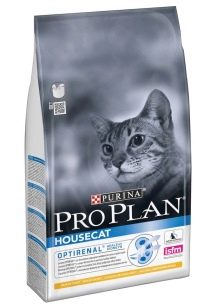
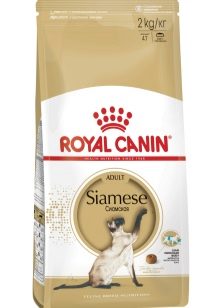
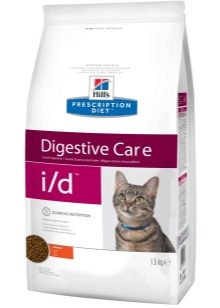
Feeding castrated and neutered animals
It is very important to monitor the condition of neutered and neutered animals immediately after surgery. If it strains during bowel movements, the stitches will disperse, which leads to a deterioration in the condition of the cat, up to its death.To avoid such unfavorable consequences, it is better to give preference to extremely delicate food for the first 4–5 days after the operation. During this period, males and females can be offered:
- sugar-free infant formula;
- natural yoghurts, fermented baked milk or yogurt;
- mashed boiled egg;
- meat broths cooked without salt;
- specialized dry food for operated animals.
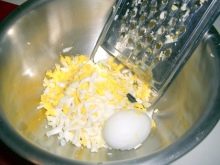
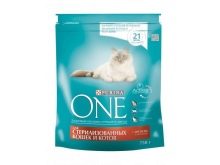
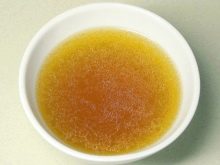
After 2 weeks, the cat is considered to have already regained its physical shape, and the animal can be returned to its usual diet. Please note that after castration, cats often develop obesity associated with changes in hormonal levels in the body. These pets need proper nutrition, which includes:
- turkey, rabbit and chicken;
- corn, wheat groats.
Once a week, you can offer your pet offal. In addition, it is very important to include fresh juicy greens on the menu. If a cat is on his own, then, most likely, he will find tasty grass for himself. But if the animal is kept at home, add sprouted oats, barley, millet to it at least 2 times a week. And it will also be useful to offer him, along with the meat, mashed cucumber and fried cabbage leaves.
Keep in mind: even if the animal is eating specialized food, vegetables and greens should still be added. Fish should not be offered to a castrated cat more than once every 2 weeks.
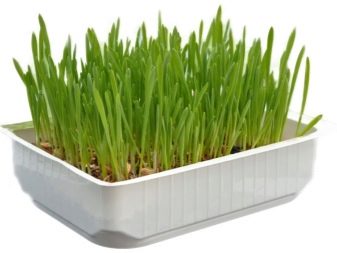
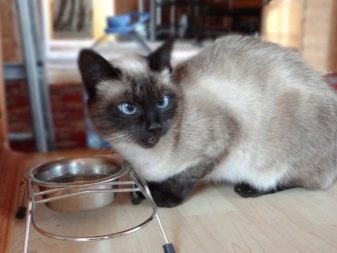
What to give to pregnant and lactating cats?
As soon as the owner realizes that his Siamese cat is waiting for replenishment, she is transferred to a specialized diet enriched with calcium and proteins in an optimal ratio for the expectant mother. When feeding an animal with natural products, the proportion of proteins, as well as products containing carbohydrates, is increased. Treats and all kinds of delicacies, on the contrary, are limiting. A pregnant cat is fed at least 3 times a day.
Starting from the 4th week of pregnancy, the cat needs food containing quite a lot of protein, and from the middle of the term, the volume of food is increased by 1.5 times. At the same time, you should monitor the weight gain of the pet, since obesity is fraught with complications during childbirth. 1.5–2 weeks before delivery, the animal's appetite begins to decline due to the pressure that the kittens put on her abdominal cavity. During this period, the cat should be fed frequently, but in small portions.
During lactation, a new mother needs food rich in carbohydrates: the need for calories increases 2-3 times. If the cat is fed ready-made mixtures, then usually no problems arise. By the way, during this period she can be offered food for kittens: they contain all the nutrients necessary for the animal.
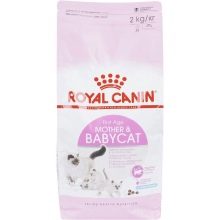
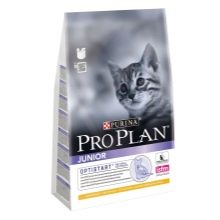
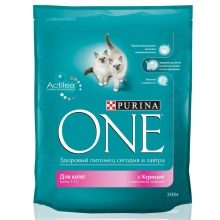
When feeding with natural products, the diet should be adjusted to suit the taste preferences of the cats.
At this time, it is forbidden to restrict the animal in food: she must eat as much as she wants. Be sure: when feeding 4 or more kittens, the cat will not face any obesity.
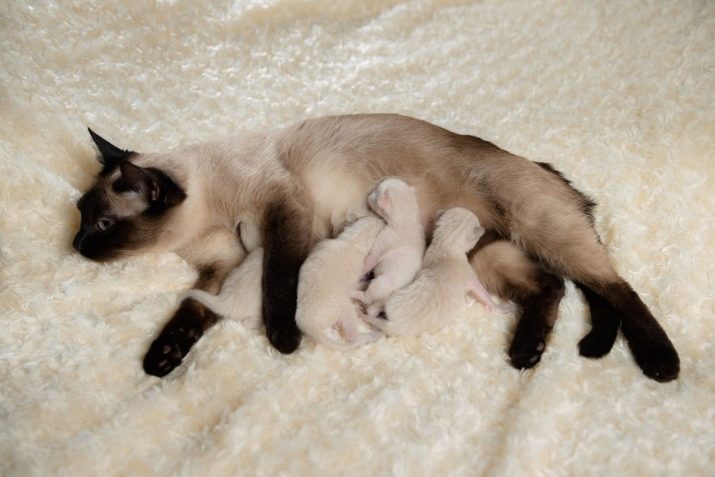
How to feed the elderly?
The older the cat, the more difficult it becomes for its body to digest macronutrients and vitamins. Most of the nutrients are simply removed from the body. That is why most reputable manufacturers produce a special line of food for senior cats and cats.
Use of natural products during this period should be done with great care. The fact is that for cats of age, not only a deficiency, but an excess of vitamins is dangerous.
For example, an excess of calcium leads to the formation of kidney stones, and a lack of vitamins A, E and B accelerates the natural aging process.
Many breeders note that during this period cats begin to eat less, and associate this with age. In fact, the reason is completely different: most often, elderly Siamese suffer from dental diseases, and it simply hurts them to eat solid food. If you identify the problem in time and cure your pet, then there is a chance to save the teeth. But if the enamel is completely rotten, then the teeth have to be removed.
After such an intervention, the cat can only bite off pieces, and she is no longer able to chew the food. This feature must also be taken into account when feeding adult pets: he is offered pates, grated and chopped products on a blender. With age, various diseases make themselves felt in the animal, therefore, for any change in the animal's behavior, it is worth contacting the veterinarian in order to develop an optimal diet for your pet together with the doctor.
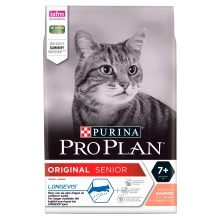
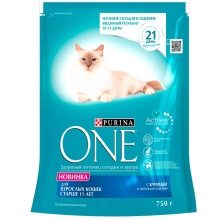
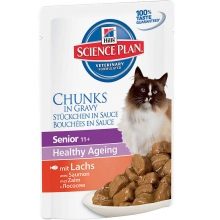
What shouldn't be given?
When choosing foods for feeding Siamese cats, you need to be as demanding as possible.
Siamese are prone to various diseases, most of which are the result of improper feeding.
- Overfeeding your cat with fish is strongly discouraged., since over time, the animal develops an allergy, causing swelling on the face in the eyebrows and under the jaw. This is fraught with difficulty breathing and a general deterioration in the animal's condition. If this happens, be sure to give the animal a sorbent and an antihistamine, and then immediately contact your veterinarian.
- The same advice applies to any citrus fruit. For example, you shouldn't offer an animal meat with orange sauce from your table. Your pet will definitely beg for it, but be patient and don't give.
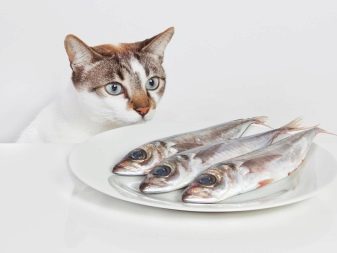
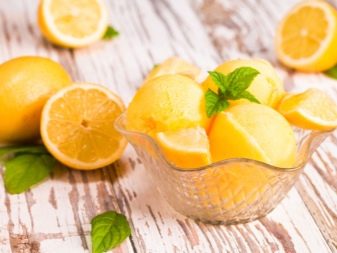
For the diet of Siamese cats, see below.
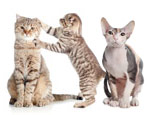
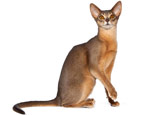
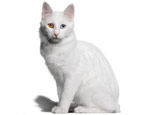
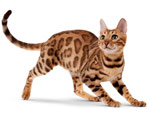
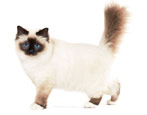
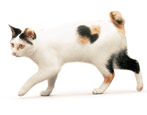
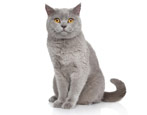
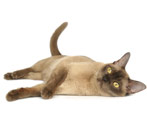
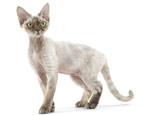
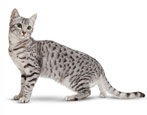

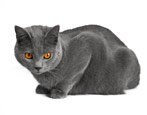
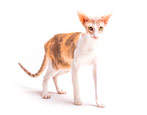
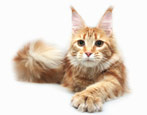
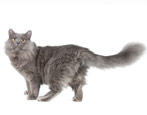
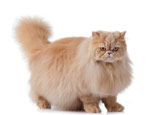
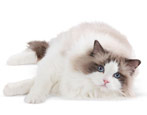
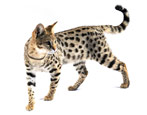
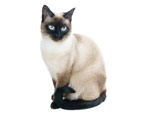
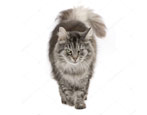
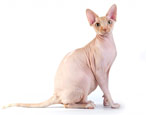
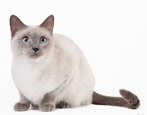
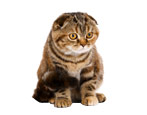
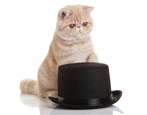





My Petreet and Applaws also eat, but Friskies are not very good, and I have given up PRO tail altogether.